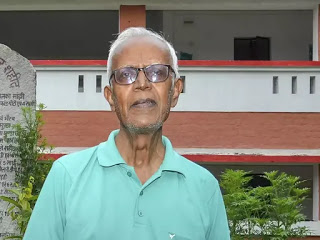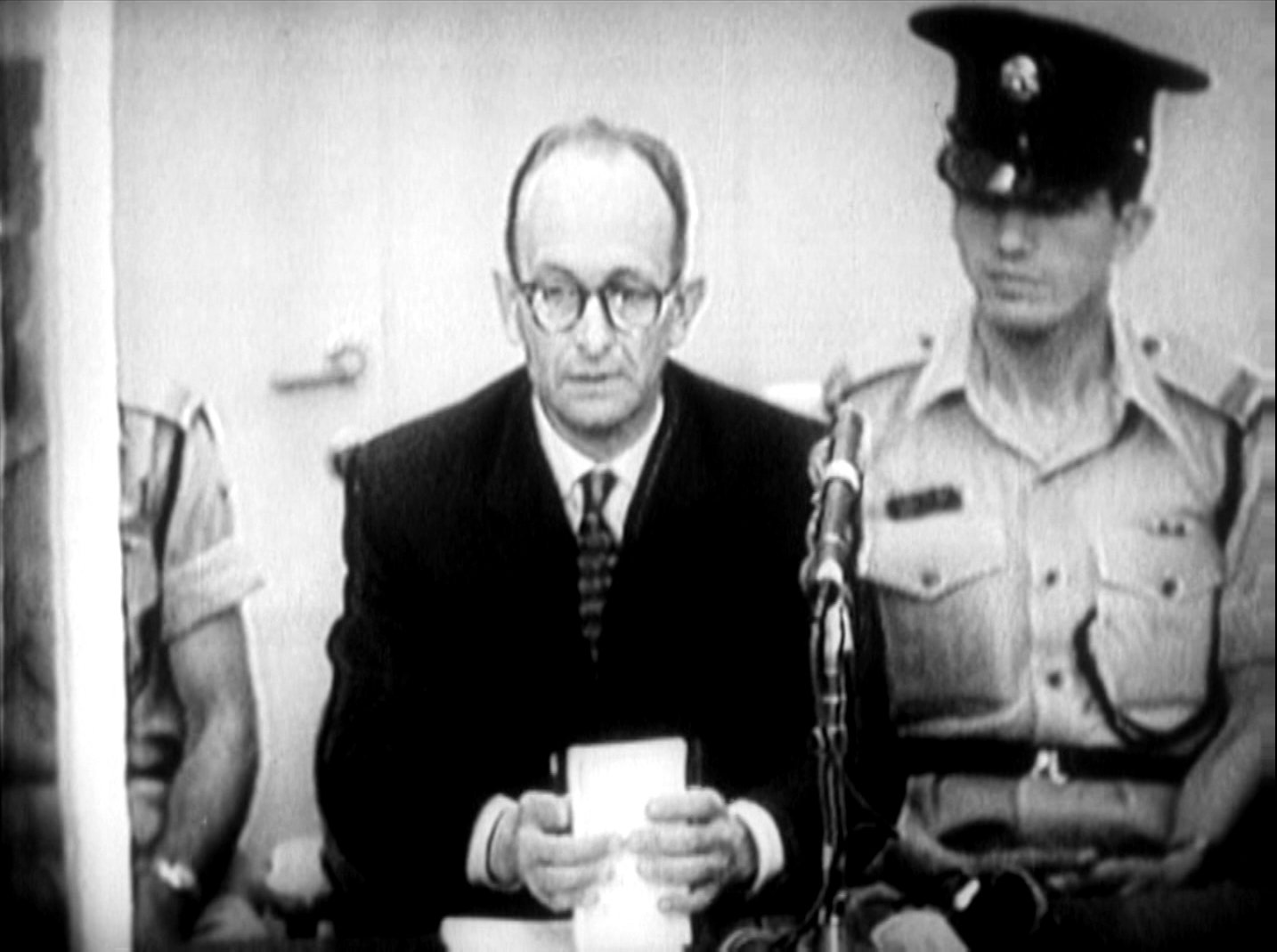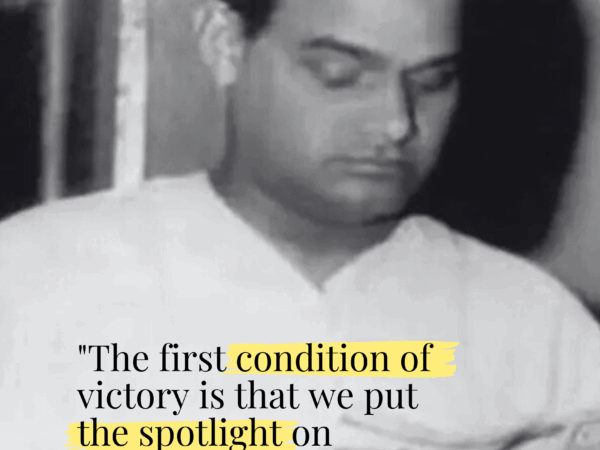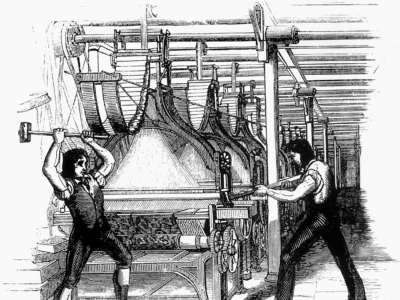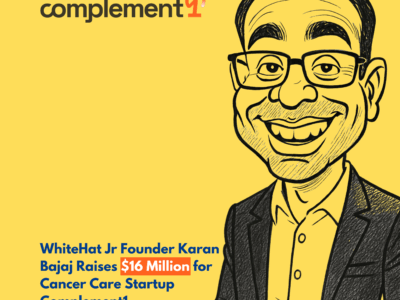It does not surprise me that Stan Swamy, who died in jail yesterday, was denied a sipper and reading glasses, or that he was kept in jail despite the NIA not seeking custody, or that his health was so transparently frail that even a blind man could have seen the need for compassionate bail.
Why? Because our systems are built that way. And this is not new. From pre-colonial monarchs to the colonial imperialists to post-colonial democrats to post-democracy nationalists, our system has constantly failed the most downtrodden, the most oppressed, the most powerless, indeed the most needy of a system that creates order and dispenses justice and equality.
The systems, of course, are built by humans. And they supposedly work because the humans building them seldom have to operate them. Once upon a time, this was seen as an advantage for building systems that were divorced from an emotional attachment to either the system itself or those that run it or those that it was designed to purportedly serve. Equanimous disinterest, it was grandly called by the powers-that-be once, at once giving the entire task an effect of a noblesse oblige, a sort of burden that the more evolved had to carry. I can, with some stretch of imagination, understand, and even perhaps empathise with those that designed the system from a purely utilitarian view of the ‘the greatest amount of good for the greatest number’. They did truly believe they were performing public service.
But systems need humans to operate. It needs a lawyer to tell a judge that the bail or even the sipping straw or reading glasses are unnecessary. It takes a judge to rule them so. It takes a jailer to tell the guard on duty that the prisoner be denied these. And it takes the guard to actually deny them.
My question is simple: How does that work? How do so many humans across so many social, educational, economic, racial, linguistic, regional, political, and religious divides come together to oppress one human who clearly needs succor that is both, harmless and humane, apart from being unconnected to whatever crime they have been accused of, whether proven or not.
Maybe the answer lies in what Hannah Arendt called, ‘the banality of evil.’ Maybe they are all just ‘doing their jobs’ or ‘just following orders.’ Maybe they are all compassionate, well-adjusted, intelligent humans in the entire chain, each only thinking of themselves as a tiny cog in the wheel, unable and incapable of changing the system without direct and harsh repercussions visited upon them and their families as a punishment for disobedience. Maybe we are indeed living in a Matrix. Maybe we are all evil. Maybe there’s a God but a cruel one. Maybe this is a special kind of hell.
I have no clue. And while I wish I had that special vision to penetrate the human soul and see why this is so, somewhere, some part of me is thankful that I have no such gift.
